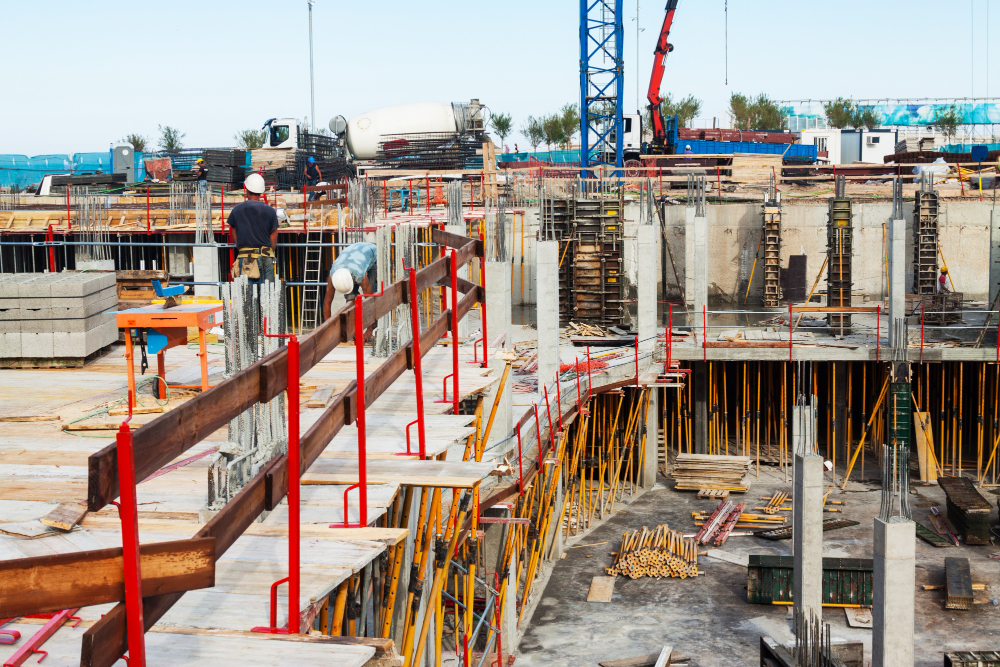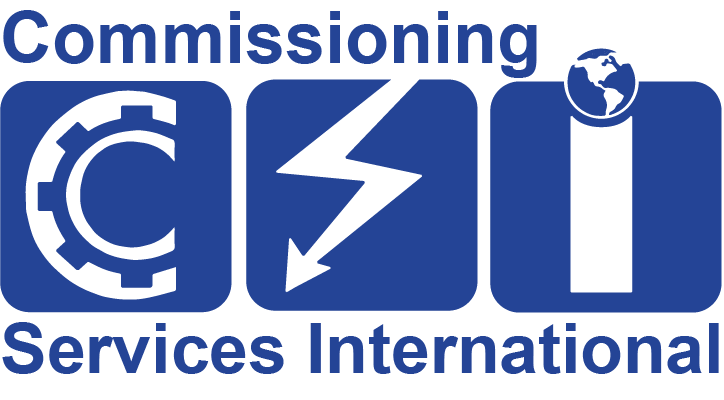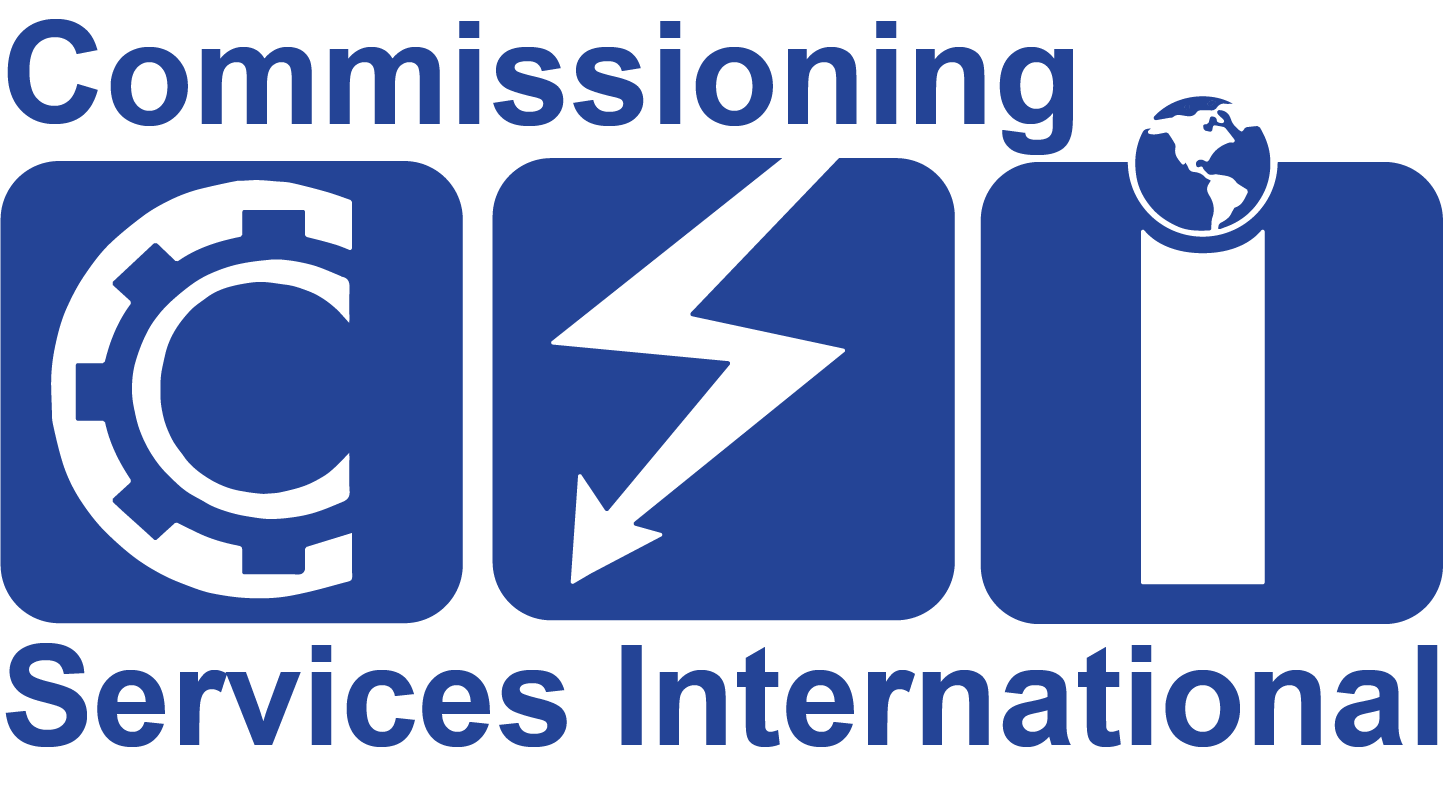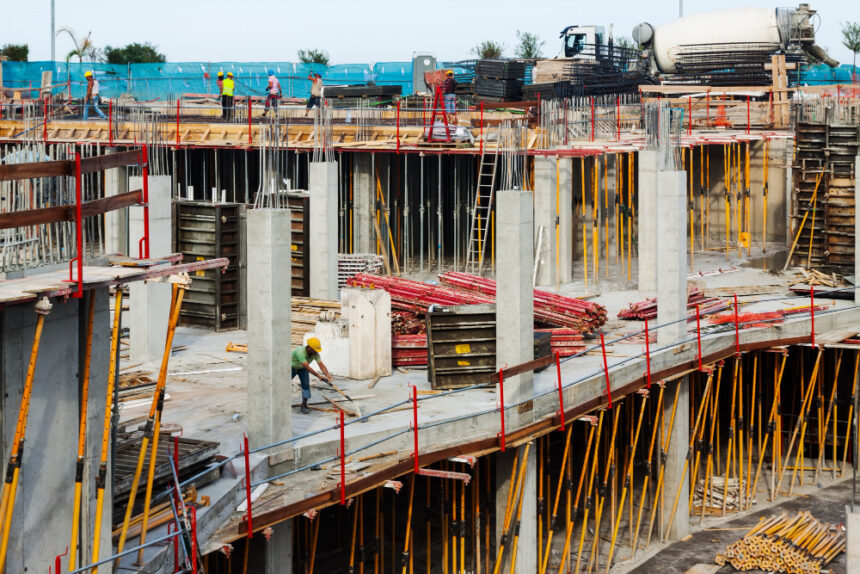Construction projects are intricate endeavors that demand precision, adherence to safety standards, and seamless integration of various building systems. To guarantee that the final product meets the highest standards of efficiency and safety, commissioning and documentation play pivotal roles. These essential practices serve as guardians of quality assurance, ensuring that building systems operate optimally and safely throughout their lifecycle. In this blog post, we will explore the significance of commissioning and documentation in construction projects and how they contribute to compliance, efficiency, and long-term success.
Understanding Commissioning in Construction Projects
Commissioning is a comprehensive and systematic process that takes place throughout the construction phase and beyond. It involves the testing, verification, and fine-tuning of all building systems and components to ensure that they are installed and operated correctly, according to the design intent and industry standards. The primary goal of commissioning is to optimize the performance of each system, minimize operational risks, and guarantee that the building operates efficiently and safely.
Importance of Commissioning:
- Ensuring System Efficiency: Commissioning verifies that all building systems, such as HVAC, electrical, plumbing, and fire protection, perform at their peak efficiency, thereby reducing energy consumption and operational costs.
- Safety and Compliance: By thoroughly testing and verifying building systems, commissioning ensures that they meet safety codes and industry regulations, minimizing potential hazards and legal liabilities.
- Avoiding Costly Rework: Identifying and resolving issues during the commissioning process prevents costly rework and delays during construction, saving time and resources.
- Enhanced Occupant Comfort: Properly commissioned systems create a comfortable and productive environment for occupants, leading to increased satisfaction and productivity.

The Significance of Documentation in Construction Projects
Documentation is the systematic recording of all aspects of a construction project, from planning and design to installation and maintenance. It serves as a comprehensive and structured record that provides valuable insights for stakeholders, ensuring effective operation, maintenance, and future upgrades of the building.
Importance of Documentation:
- Compliance and Auditing: Accurate documentation serves as evidence that the construction project meets all regulatory and safety standards, making it easier to undergo audits and inspections.
- Maintenance and Repairs: Detailed documentation aids in efficient maintenance and repairs by providing insights into the installation, operation, and maintenance history of building systems.
- Knowledge Transfer: Documentation enables the transfer of knowledge between project teams, contractors, and building operators, ensuring seamless communication and continuity.
- Future Upgrades and Retrofits: Well-documented construction projects are more amenable to future upgrades and retrofits, enabling the incorporation of new technologies and improvements without disrupting building functionality.
Conclusion
Commissioning and documentation are the bedrock of successful construction projects. Commissioning ensures that all building systems operate efficiently, safely, and in accordance with design intent and regulations. This comprehensive process minimizes operational risks, reduces energy consumption, and enhances occupant comfort. On the other hand, documentation provides a detailed record of the construction process, serving as a valuable resource for building operators, maintenance teams, and future upgrades.
By prioritizing commissioning and documentation in construction projects, stakeholders can reap a multitude of benefits, including compliance with safety standards, improved efficiency, reduced operational costs, and greater occupant satisfaction. These practices foster a culture of quality assurance and responsible construction, leading to buildings that stand as beacons of excellence and sustainability. As the construction industry continues to evolve, commissioning and documentation remain indispensable tools for ensuring the success and longevity of modern building projects.



Leave a Reply